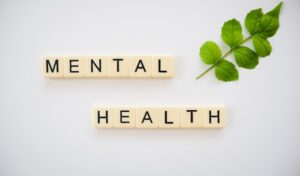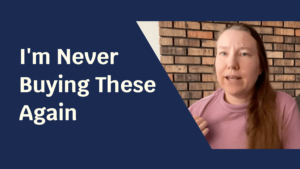
Autistic Pride Day
It’s Autistic Pride Day and I’ve been thinking lately about what pride means in this context, and what I’m proud of.

It’s Autistic Pride Day and I’ve been thinking lately about what pride means in this context, and what I’m proud of.

Anxiety can be insidious. Here are some of its biggest lies, and why it’s lying to you, and what you can do to break free.

We often view our culture as “the way things are,” and this is especially true when it comes to displays of strength, but culture isn’t always right.

How to approach the “I’m Autistic” conversation so it goes better, and coping when it doesn’t.

A few comments about four mental health myths that I’ve seen play out pretty consistently over the years.

For autistics, it makes sense why we tend to avoid social situations; the majority of our interactions can be uncomfortable. But we can’t lean into the discomfort until we stop shaming ourselves.

How social pressures shape our lives, and then people assume that’s what we wanted.

I never understood why I get mad when people compliment my smile.

I’d like to share about my realization of something during a turning point in my life.

Early stages of burnout recovery comes with a lot of doubts. But it will get better.

I occasionally ask about physical sensations when coaching, and there’s a very specific reason for that. Here’s how simply asking starts to build self-trust.

I’ve been reflecting on my relationship with perfectionism, and if that’s even the best word for what I experience.

How do you rest when your inner critic keeps getting on your case?

Here are a few prompts to reflect on what messages you were taught about rest, and how you would like to engage with it in the future.

I keep forcing myself to wear uncomfortable things, but there’s no shame in, and nothing wrong with, stopping.
We don’t spam or sell. Promise. Unsubscribe at any time.
Read our privacy policy here.
Privacy Policy Heather’s Boundaries (T&C)
The information on this site is not intended or implied to be a substitute for psychotherapy, medical advice, diagnosis, or treatment.
© 2020-2024 Autism Chrysalis LLC.